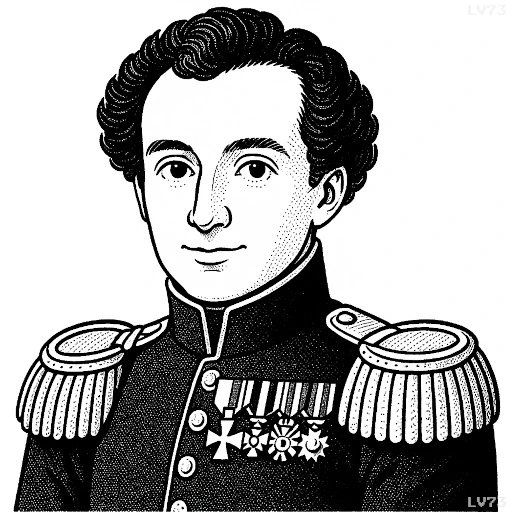“To secure peace is to prepare for war.”

- July 1, 1780 – November 16, 1831
- Born in the Kingdom of Prussia (now Germany)
- Military officer and military theorist
table of contents
Quote
“To secure peace is to prepare for war.”
Explanation
Clausewitz’s assertion here reflects his belief in the inseparable link between war and peace, particularly in the context of political and military strategy. According to this idea, military preparedness is not only a necessary condition for war but also an essential component of securing peace. In the world of international relations, where diplomacy can fail and threats can arise unexpectedly, the readiness for war serves as a deterrent—a way to ensure that a nation or political entity can protect its interests and preserve its security. Essentially, the ability to wage war provides the means to avoid war by discouraging potential aggressors and ensuring that conflicts can be resolved on favorable terms. Peace through strength—the idea that military readiness prevents conflict—rests at the heart of Clausewitz’s thinking here.
This principle can be seen in the military strategies of powerful nations throughout history. During the Roman Empire, for example, the presence of a well-trained, disciplined army was both a means of expansion and a way to maintain peace within the empire. The concept of the Pax Romana was maintained not through mere diplomacy but through a strong military deterrent that discouraged external threats and kept internal rebellions in check. Similarly, in the Cold War, the balance of nuclear deterrence between the United States and the Soviet Union exemplified Clausewitz’s idea. Both sides invested heavily in military capabilities, not to provoke war but to prevent it by ensuring that any conflict would come at too high a cost for either side to risk.
In modern international relations, Clausewitz’s notion still holds true in the form of military alliances and defensive postures. Nations often maintain strong militaries, engage in defense spending, and participate in alliances like NATO not with the goal of engaging in war, but to deter aggression and ensure peace by demonstrating the consequences of aggression. For instance, the United States’ military presence in regions like South Korea and Eastern Europe is a form of deterrence, designed to prevent potential adversaries from escalating conflicts. Clausewitz’s insight underscores the idea that military power, when properly utilized, can create a stable peace by ensuring that no one nation can challenge the security and sovereignty of others without risking severe consequences.
Would you like to share your impressions or related stories about this quote in the comments section?


